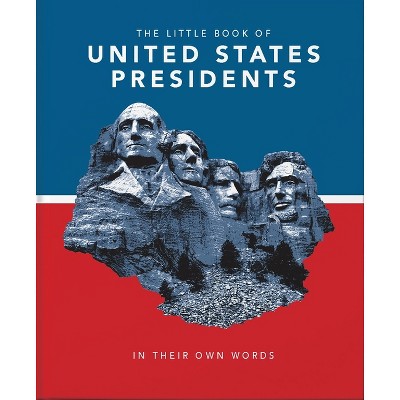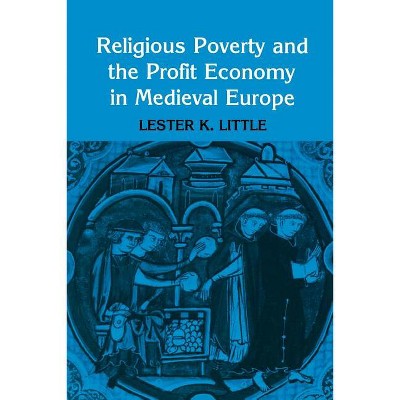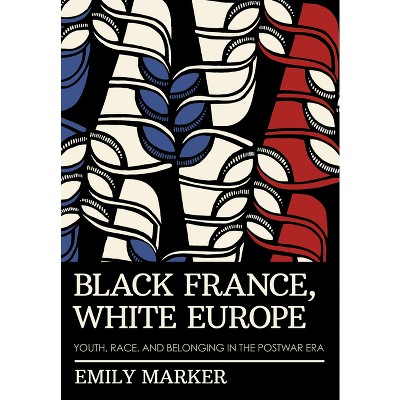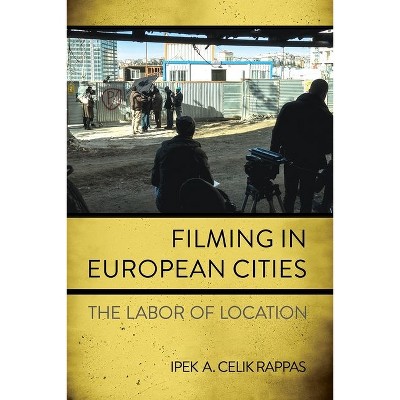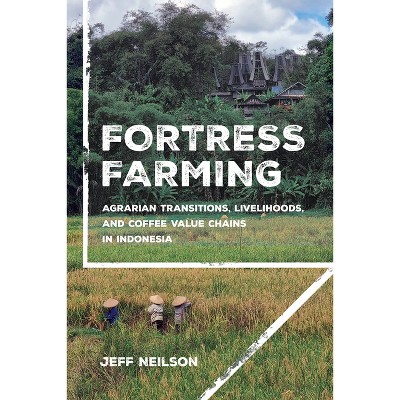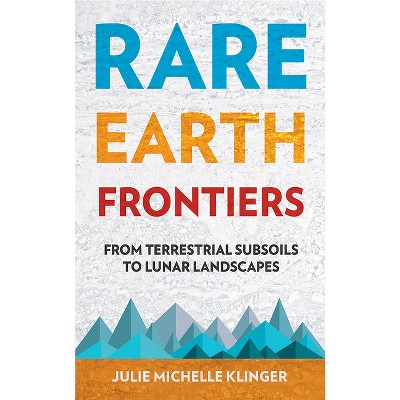Sponsored

Unbounding Europe - by Ilaria Giglioli
In Stock
Sponsored
About this item
Highlights
- At a time of global border fortification and rising nationalisms, Unbounding Europe analyzes the potential of Mediterranean borderlands to offer alternative models of belonging.
- About the Author: Ilaria Giglioli is Assistant Professor of International Studies at the University of San Francisco.
- 174 Pages
- Social Science, Human Geography
Description
About the Book
"Focusing on the central Mediterranean corridor between Italy and Tunisia, site of one of the most significant mass migrations in recent history, Ilaria Giglioli examines migration, boundary drawing and debates about coexistence between Sicilians and Tunisians"--Book Synopsis
At a time of global border fortification and rising nationalisms, Unbounding Europe analyzes the potential of Mediterranean borderlands to offer alternative models of belonging. Drawing on ethnographic and archival research, Ilaria Giglioli writes about relations between Sicilians and Tunisians and how they negotiate relationships of proximity and difference in multiple arenas of life. She argues that histories of marginalization within the nation-state do not automatically make borderlands inclusive for migrants. Understanding the interplay of different degrees of marginality is key to identify how solidarity movements can emerge and be effective.
Giglioli argues that depoliticized celebrations of cross-Mediterranean coexistence ignore longstanding inequalities and reinforce symbolic hierarchies between Sicilians and Tunisians. She stresses that recognizing and addressing these inequalities is key to developing a transformative politics of solidarity. Rather than idealize intermediate border spaces or subjects, Unbounding Europe asserts that it is more effective to reconstruct histories of material and symbolic boundary drawing to demonstrate the contingency and mutability of borders.
About the Author
Ilaria Giglioli is Assistant Professor of International Studies at the University of San Francisco. A human geographer by training, she studies the creation, legitimization and contestation of borders, with particular focus on the relationship between border fortification, uneven development, and the production of social difference.
Shipping details
Return details
Frequently bought together
Trending Non-Fiction





